Page 1
Tag: hydrocarbons
-
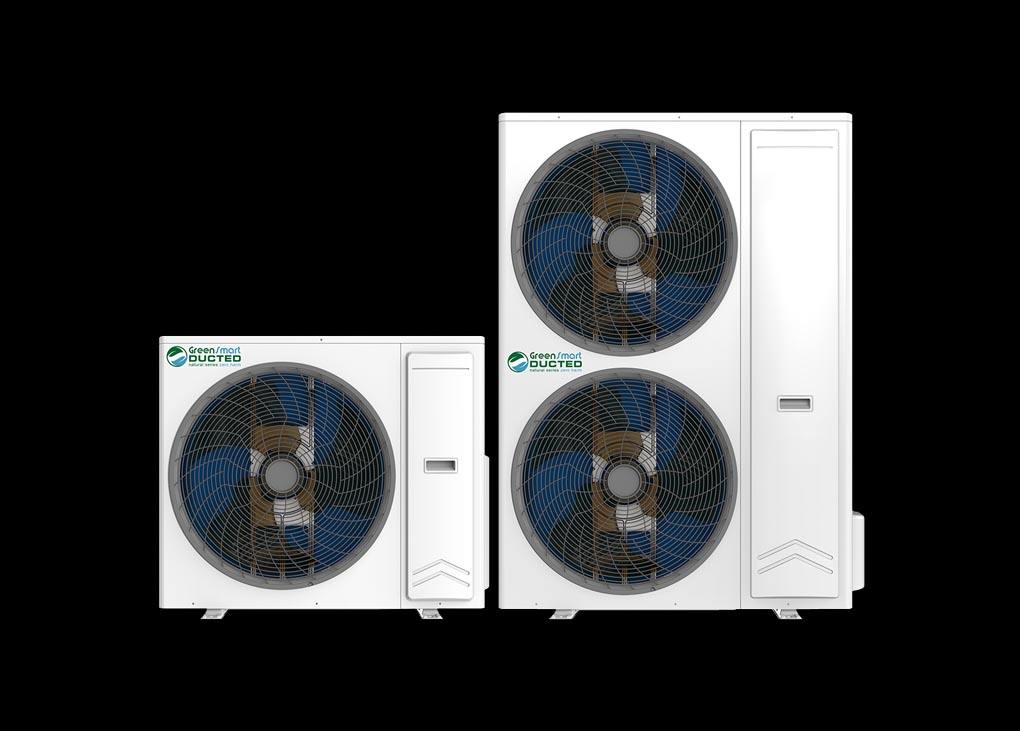
Polaris offers AC units with natural refrigerants
Sydney-based Polaris Technologies has released a range of natural refrigerant air conditioning units. The Polaris GreenSmart hydrocarbon systems use Engas M60 refrigerant, with a GWP of less than 1. “Manufactured with fully welded refrigeration lines and incorporating patented advanced leak prevention and detection technology, these air conditioners are built to the highest reliability and safety […]
-
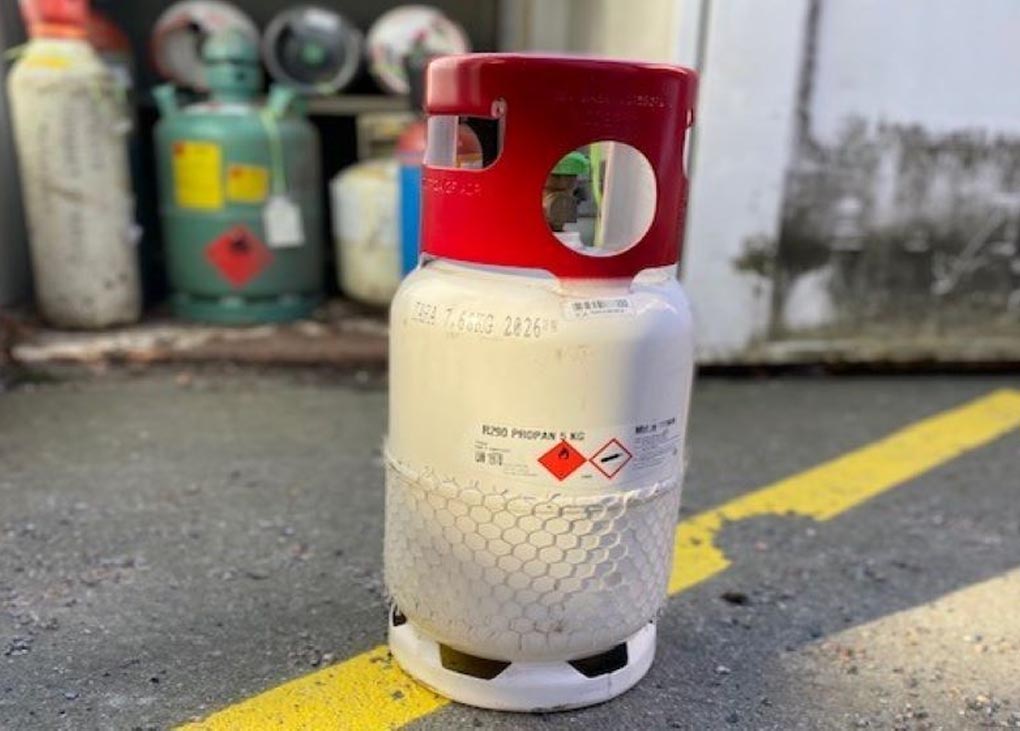
Scientists back hydrocarbon heat pumps
As the debate over the revisions to the F-gas regulation rumbles on, a group of more than 40 scientists from 24 different universities and research institutes in Europe have signed a position paper supporting the use of hydrocarbons as refrigerants in heat pumps. The researchers argue that hydrocarbons such as propane and isobutane are just […]
-

The EU phase-down plan – brave or foolhardy?
At the end of February, the European Parliament’s Committee on the Environment, Public Health and Food Safety (ENVI) agreed to major amendments to the F-gas regulation – the EU legislation that controls emissions from fluorinated greenhouse gases. If the changes are confirmed by the European Parliament, it will effectively see a phase-out of HFC refrigerants […]
-
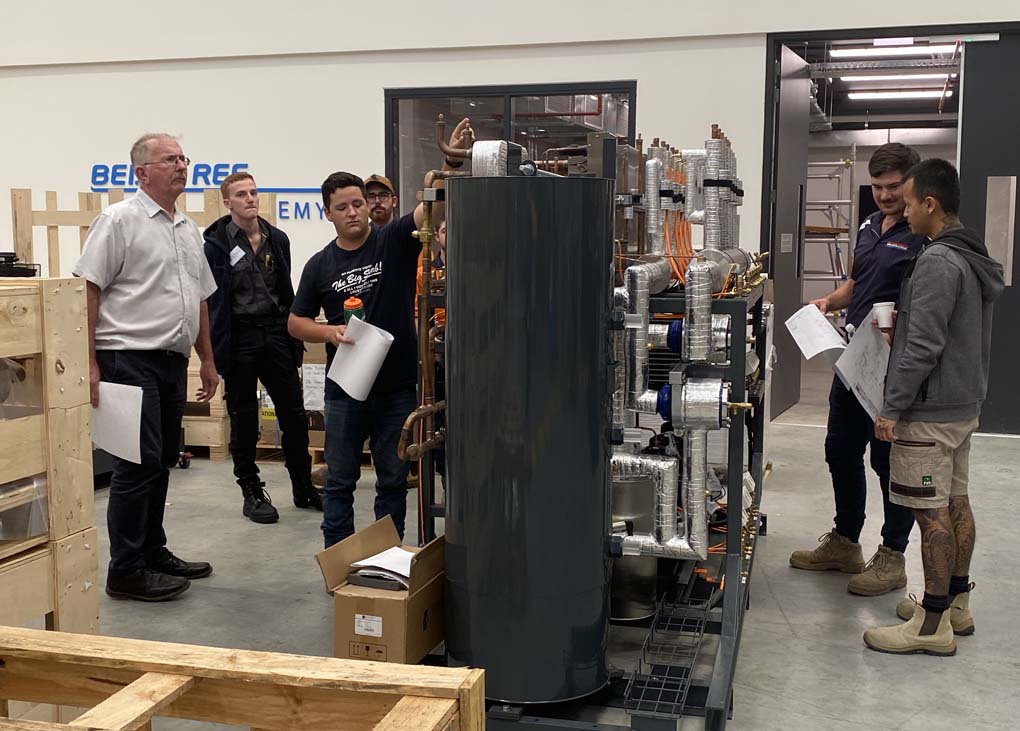
ARC working to increase uptake of Green Scheme
The Australian Refrigeration Council (ARC) is promoting its Green Scheme Accreditation as an important tool to support the industry in transitioning to low-GWP refrigerants and a zero emissions future. “The Green Scheme is becoming the benchmark for industry and technicians while being formally recognised by various state governments as a means of demonstrating competence in […]
-

Propane AC could help avoid global temperature rises
A report published at the Proceedings of the National Academy of Sciences (PNAS) has highlighted the emissions that could be avoided by switching to propane as a refrigerant in split-system air conditioners. The research team estimates that such a transition could avoid a 0.09°C increase in global temperature by the end of the century. Global […]
-

Hydrocarbons the future for residential AC?
Industry stakeholders have applauded a revised International Electrotechnical Commission (IEC) safety standard that will allow larger charges of flammable refrigerants in household appliances such as air conditioners, heat pumps and dehumidifiers. In particular, it could open the way for greater use of hydrocarbons in residential air conditioning. Standard IEC 60335-2-40 deals with the safety of […]
-

Refrigerant report underlines need for further efforts
The latest Cold Hard Facts report, just released, confirms that Australia has now very likely passed “peak bank” in terms of both total volume of refrigerant and its GWP value. But it also highlights segments of the refrigerant market that may require more attention, and the need for ongoing effort to restrict emissions. Since 2007, […]
-

IOR releases refrigerant selection guide
The Institute of Refrigeration (IOR) has released a new Guidance Note, a guide to refrigeration selection. The guide aims to provide an overview of the critical points that should be considered in selecting refrigerants. The IOR says the guide, which it refers to as Guidance Note 37, will be of particular interest to equipment owners, […]
-

Tensions rise over EU refrigerant transition
Debate is intensifying in Europe over the future of HFCs as the European Union eyes stricter limits on the global warming potential of refrigerants, and manufacturers push back on the proposed switch to hydrocarbons. The European Union (EU) is in the process of reviewing its F-Gas Regulation, which provides a roadmap for phasing down fluorinated […]
-
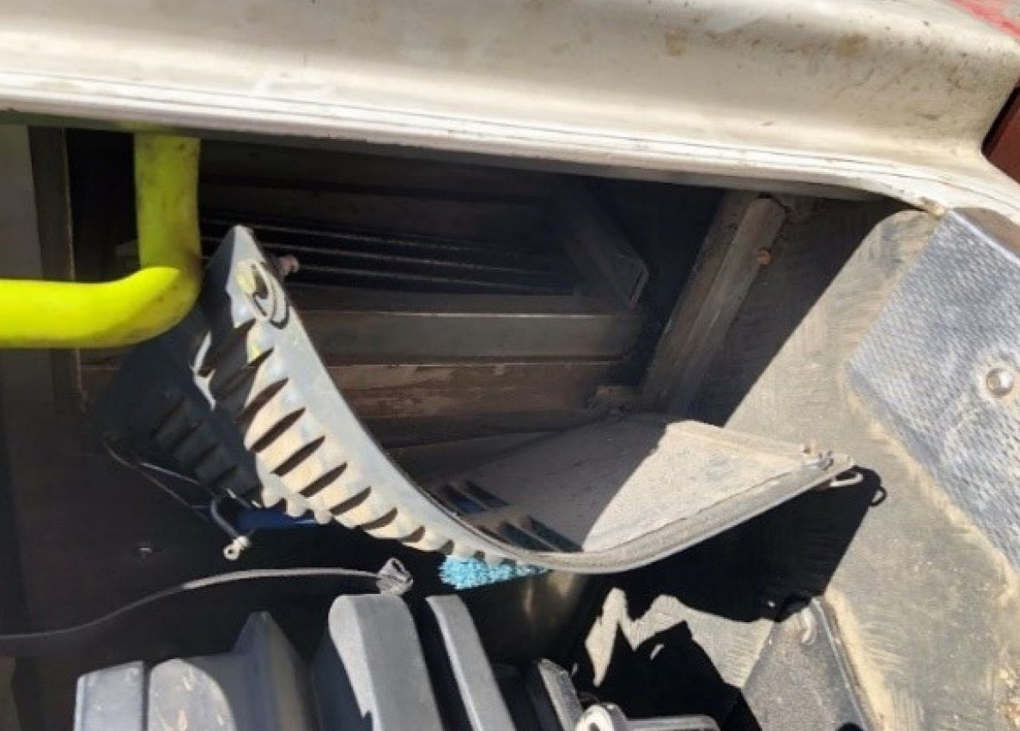
Driver injured in explosion from AC system
The driver of a mining truck in Queensland has suffered serious burns in an explosion believed to be caused by an air conditioning system incorrectly charged with hydrocarbon refrigerant. According to the Queensland Mines Inspectorate, the explosion occurred in the truck cabin while the vehicle was being driven in an underground mine. It caused serious […]
-

Report finds ‘disjointed’ laws on flammable refrigerants
A new report commissioned by Refrigerants Australia has mapped out the laws that govern the use of flammable refrigerants in this country. It also highlights key themes and gaps within the regulatory landscape. The report, written by Bronwyn Weir and Krista Weymouth, reveals a complicated patchwork of regulations. There is no one set of laws […]
-
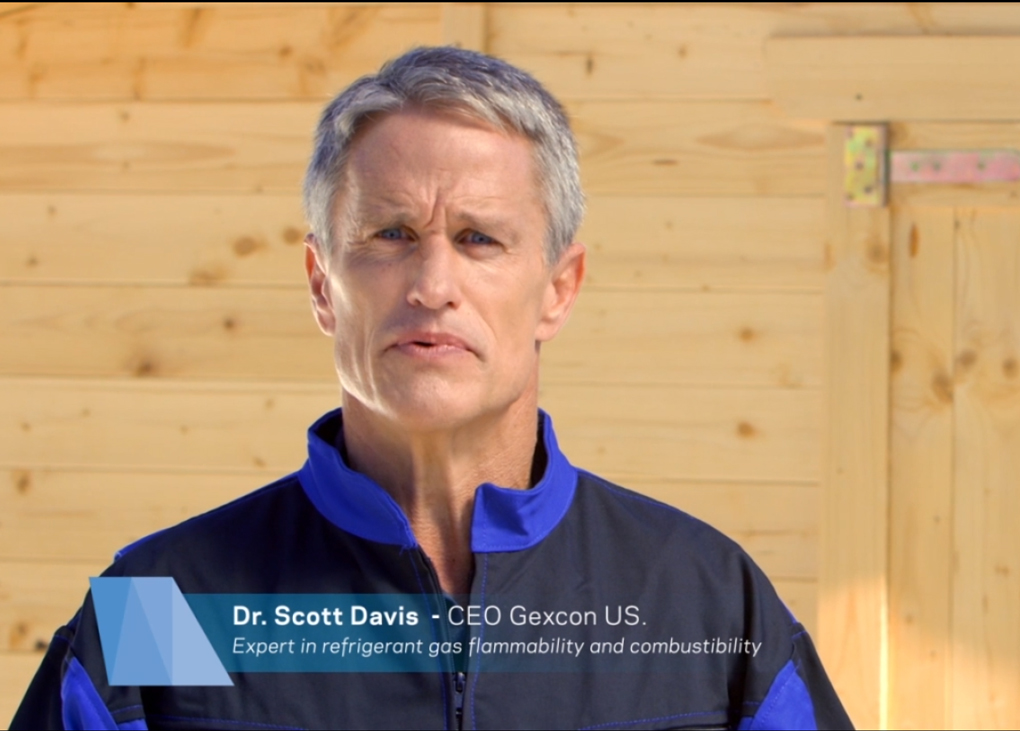
Video on flammability of A2L and A3 refrigerants
Chemical company Chemours has released a video titled Hydrocarbons: The Burning Truth, which looks at differences in flammability between A2L and A3 refrigerants. The video features Dr Scott Davis, CEO of Gexcon US, who explains the parameters impacting refrigerant flammability. These include how much of a gas is required for an ignition event to occur […]
-

Refrigerant course assessments go virtual
REAL Alternatives 4 Life has established a process for training centres to hold theory assessments online. The free online course now extends to 17 European countries and languages, and the assessments are now available in virtual format, allowing people in lockdown the opportunity to complete them online. The course provides education on the safe use of […]
-

Vote imminent on flammable standard
The votes are set to be counted on an updated international safety standard that would allow increased charge sizes of flammable refrigerants in household air conditioners, heat pumps and dehumidifiers. The proposal has sparked discussion in the world of HVAC&R. Although it would apply to A2, A2L and A3 refrigerants, the proposal has been framed […]
-

No changes to hydrocarbon rules says government
Queensland Minister for Natural Resources, Mines and Energy, Dr Anthony Lynham, has responded to the parliamentary petition to “approve the use of hydrocarbon refrigerants and appliances in Queensland” tabled by One Nation member for Mirani, Stephen Andrew. The petition decried the “heavy-handed and completely unnecessary” rules surrounding hydrocarbon refrigerants in Queensland, and asked the government […]
-
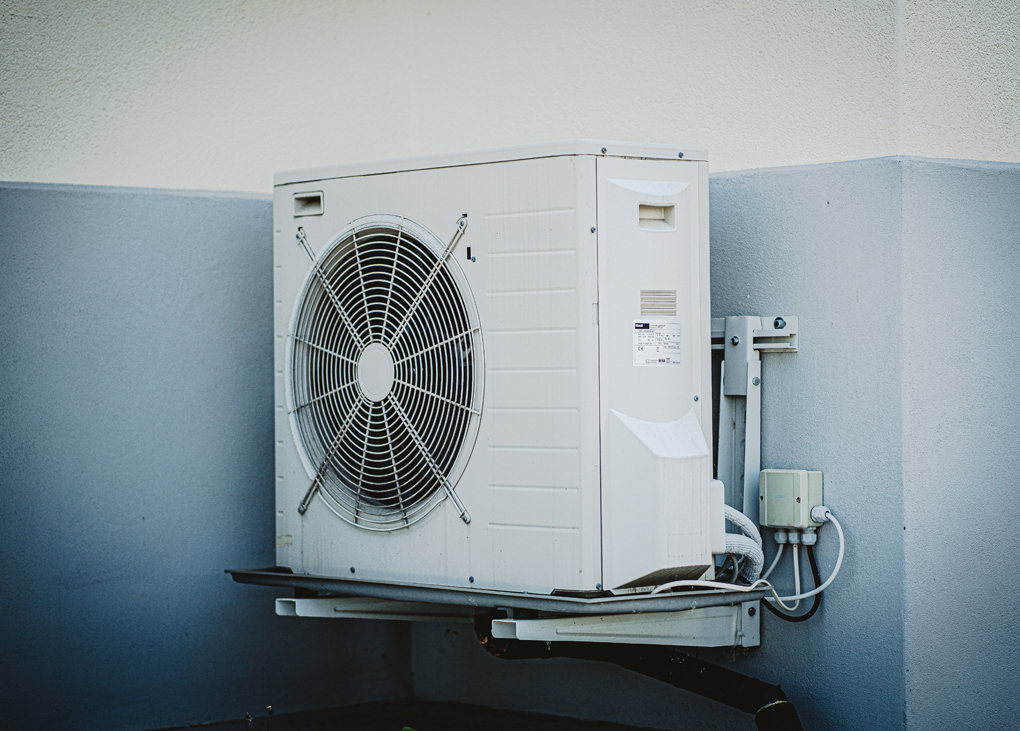
Webinar on possible updates to flammable charge limits
“Cool & Safe: Climate-friendly cooling is just one step away” is a free one-hour webinar on September 30 about the proposed update to the international standard for the use of flammable refrigerants in room air conditioners. It is organised by Environmental Action Germany and independent consulting firm HEAT, in cooperation with German development agency GIZ […]
-

Flammable charge limits on the move again
Charge sizes for flammable refrigerants in HVAC&R equipment are changing with a proposal to raise international limits for room air conditioners, and the adoption of a new standard in Australia for refrigeration appliances. An International Electrotechnical Commission (IEC) working group has released a proposal to update safety standard IEC 60335-2-40. This would allow larger amounts […]
-

One Nation takes up hydrocarbon cause
HVAC&R may become a vote-decider in the upcoming Queensland election, as the One Nation party supports changes to regulations around hydrocarbons in refrigeration and air conditioning systems. Last week the member for Mirani, Stephen Andrew, posted a question for notice to the Minister for Natural Resources, Mines and Energy, Dr Anthony Lynham. “With reference to […]
-
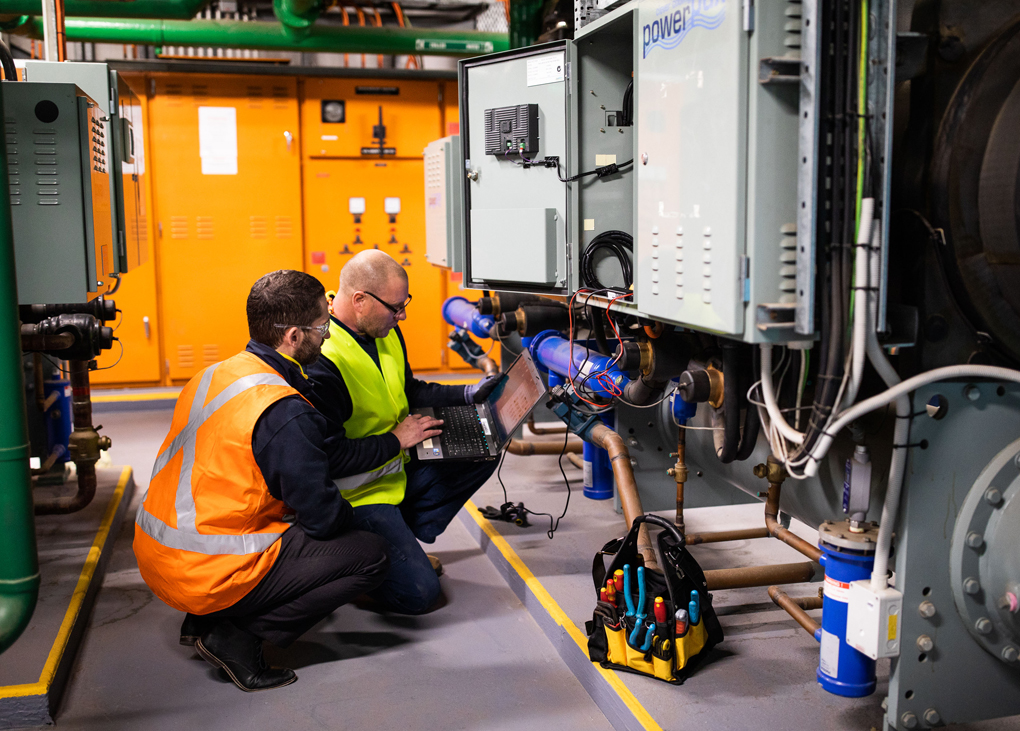
Grosvenor launches natural refrigerant service
Technical services company Grosvenor Engineering Group has introduced a dedicated natural refrigerant technology service for HVAC&R systems. Through the service, the company hopes to help the Australian commercial office market reduce its carbon footprint by providing a green alternative. “The opportunity for the use of natural refrigerants is broad within the commercial market,” says Grosvenor […]
-

New rules for AC with flammable refrigerant
As of July 1, 2020, new rules govern the sale of air conditioners with flammable refrigerants in New South Wales. The rules apply to air conditioners with Class 2 and Class 3 refrigerants, for example hydrocarbons, but not Class 2L refrigerants, such as R32. Air conditioners with these refrigerants are now considered “declared articles” and […]